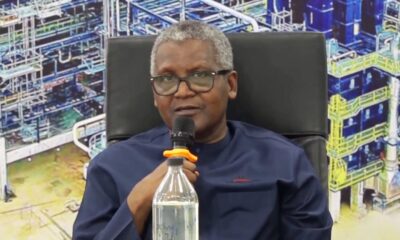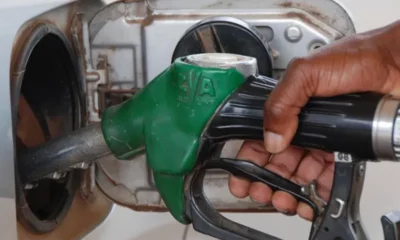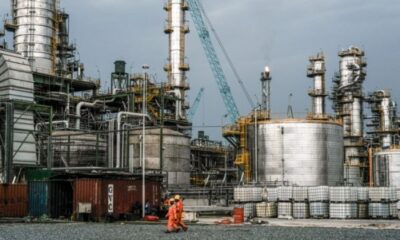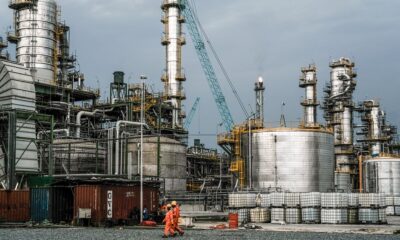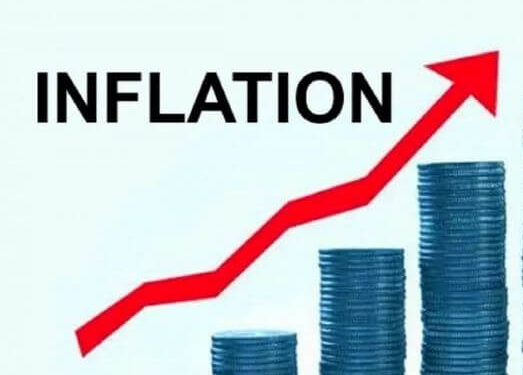To promote food security and rural development, the Nigerian government, through the Ministry of Agriculture and Food Security, has obtained more than $600 million in foreign agricultural loans in 2024.
A $134 million credit facility from the African Development Bank was acquired by the government to increase seed and grain production across the country, according to information on the ministry’s website.
“The Federal Government has secured a loan facility of $134m from the African Development Bank to help farmers boost seeds and grain production in the country,” the statement read.
The fund now stands at $634 million after the Federal Government obtained a $500 million loan from the World Bank under the Rural Access and Agricultural Marketing Project.
The project will encourage social and economic growth in rural regions while enhancing access to hospitals, schools, and agricultural centres. Its goal is to close the gap between rural communities and bigger markets.
According to Aliyu Abdullahi, Minister of State for Agriculture and Food Security, states must establish operational road funds and road agencies to receive RAAMP monies.
Aminu Mohammed, the RAAMP National Coordinator, emphasised the project’s emphasis on rural infrastructure:
“The primary objective of RAAMP is to improve rural roads and trading infrastructure to boost food production,” Mohammed said.
The initiative, already underway in 19 states, will distribute funds competitively according to socioeconomic factors, implementation preparedness, and state co-finance pledges.
By creating Rural Access Road Authorities, the project also aims to increase the representation of women in the transportation industry.
The World Bank will contribute $500 million in the second phase of RAAMP, with the federal and state governments contributing $100 million in matching funds.
Farmers throughout Nigeria have criticised the Federal Government’s agricultural initiatives as being selective and badly executed, despite its attempts to increase agrarian activity through mechanisation, irrigation infrastructure, and in certain circumstances, financial support.
Many contend that the programs mostly help well-connected people, leaving off smallholder farmers, who are the foundation of Nigeria’s agriculture industry.
La’ah Dauda, a farmer from Kaduna, called the initiatives “very selective,” adding that even the data is scarce. They only raise awareness in areas that they find appealing. If others are left out, how can you recruit new farmers?

 VenturesNow19 hours ago
VenturesNow19 hours ago
 VenturesNow19 hours ago
VenturesNow19 hours ago
 VenturesNow19 hours ago
VenturesNow19 hours ago
 Politics19 hours ago
Politics19 hours ago

